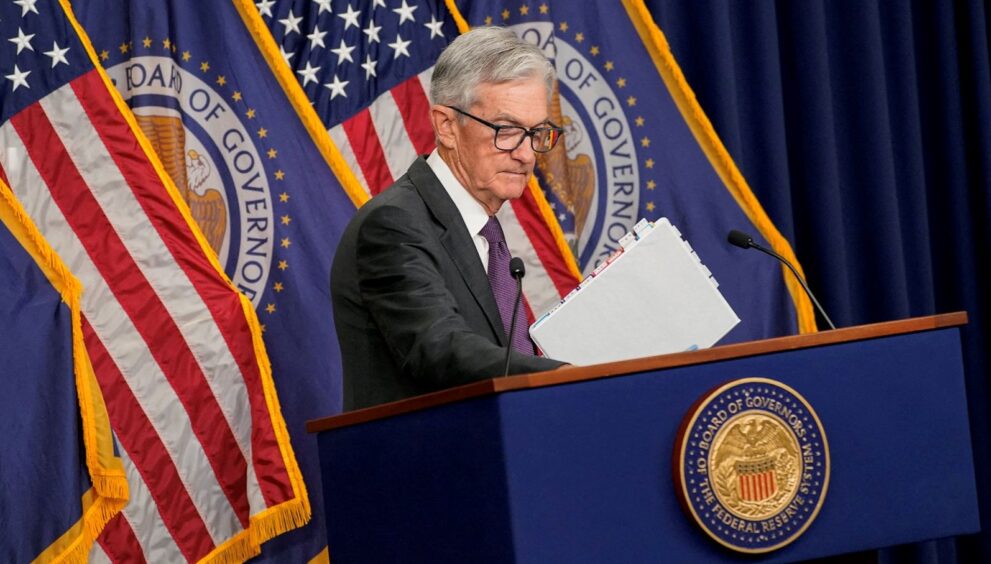Powell: We May Find Ourselves in a Challenging Scenario

Jerome Powell, the Fed Chairman, responded to U.S. President Donald Trump’s call to “cut interest rates” by expressing that the bank may find itself in a challenging scenario where inflation and employment goals are in tension. Evaluating the impacts of tariff increases in the U.S., Powell stated, “Among these effects will be higher inflation and slower growth.”
Speaking at a event held by the Chicago Economics Club, Powell mentioned that despite increasing uncertainties and downward risks, the U.S. economy is still in a solid position. He noted that the labor market is at or near maximum employment levels, inflation has remained quite low but is slightly above the 2% target. Powell highlighted the significant policy changes in four different areas in the U.S., including trade, immigration, fiscal policy, and regulation, stating that these policies are still evolving and the effects on the economy remain quite uncertain. He emphasized that they will continue to update their evaluations as more information is obtained.
Fed Chairman Powell issued a warning about high inflation leading to slow growth by saying, “The level of tariff increases announced so far is significantly larger than expected. It is likely that the same situation will be valid for the economic effects, among which will be higher inflation and slower growth.” Indicating a significant rise in short-term inflation expectations based on surveys and market-based data, Powell mentioned participants attributed this increase to tariffs. He noted that long-term inflation expectations from survey measurements generally seemed well-anchored, with market-based inflation expectations remaining close to 2%.
As they better understand policy changes, Powell mentioned that they will have clearer ideas about their effects on the economy and thus on monetary policy. He said, “It is quite likely that tariffs will result in at least a temporary increase in inflation. Inflationary effects could also be more lasting.” Powell expressed that preventing this outcome will depend on the extent of the effects, how long it will take for prices to fully reflect these factors, and ultimately on long-term well-anchored inflation expectations. He stated, “Our duty is to anchor long-term inflation expectations well and prevent a one-time increase in price levels from becoming an ongoing inflation problem.”
Powell emphasized that they will balance their efforts to fulfill their obligations while taking action, and said, “We may find ourselves in a challenging scenario where our inflation and employment goals are in tension.” He mentioned that they will continue to analyze incoming data, evolving outlooks, and risk balances, and added, “For now, we are in a good position to wait for more clarity before considering any adjustments to our policy stance.”






















































































































































































































































































































































































































































































































































































































































































































































































































































































































































































































































































































































































































































































































































































































































































































































































































































































































































































































































































































































































































































































































































































































































































































































































































































































































































































































































































































































